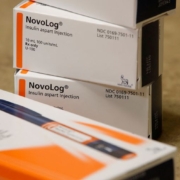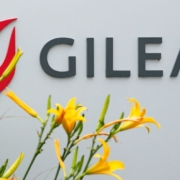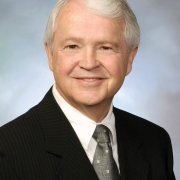U.S. lawmakers attempting to cut the cost of insulin for more than a million Americans to $35 per month are unlikely to succeed as November elections draw near and complicate bipartisan support, health policy and political experts say.
Gilead Sciences Inc.’s COVID-19 drug remdesivir during 2021 overtook AbbVie Inc.’s 20-year-old arthritis drug Humira as the medicine that U.S. hospitals spent the most on, according to Vizient Inc., a purchasing group used by about half the nation’s hospitals.
Sanofi SA will cut the cost of the company’s insulin products to $99 per month for uninsured patients and others who pay cash for the medicine in the United States, as the French drugmaker contends with intense criticism over the high price of the life-sustaining diabetes medication.
Republican pricing projects could hit industry bottom line
August 2018, Biosimilars, Congress, Consumers, Costs, Democrats, Department of Health and Human Services (HHS), Doctors, Donald Trump, FDA Commissioner, Generics, Issue Archives, Medicare, OTC, Pharmacies, Pricing, Republicans, Wall Street, White HousePrices, profits and promotional spend are closely linked. Reduce prices and promotion will plummet. But wait, the Republicans are in control. Accordingly, pharma, its marketing partners and even Wall Street often rest easy, especially when Republicans control Congress and the White House.
Current health systems built to evaluate and pay for traditional drugs are going to struggle with gene and other unusual therapies – but manufacturers can take steps before launch to define how manufacturers assess and value these new products.
Most health plans are covering at least one of the two biosimilar products currently on the market, according to new research by the strategic advisory company Avalere.
Four in five oncologists have tried Zarxio/Granix, according to a new survey by ZS Associates. Of those, 48 percent prescribe the reference biologic more than the biosimilar, 43 percent prescribe the biosimilar more, and 8 percent have equal prescriptions for the reference biologic and the biosimilar.


 Reuters
Reuters


